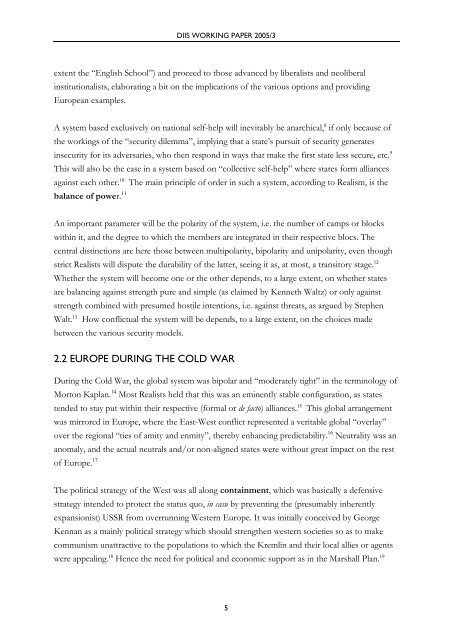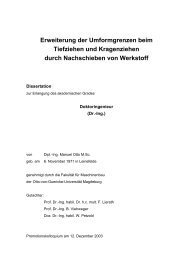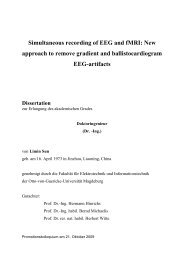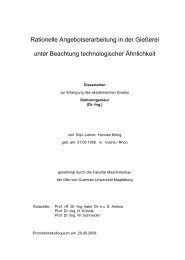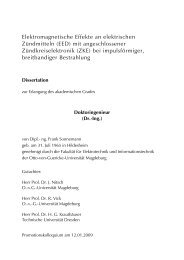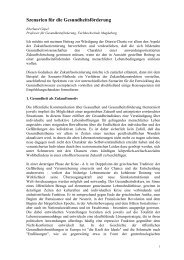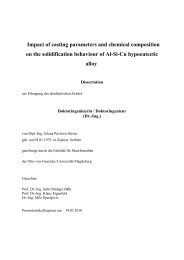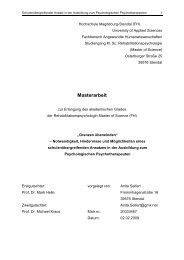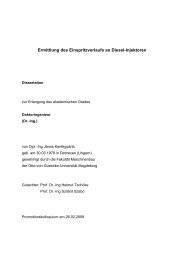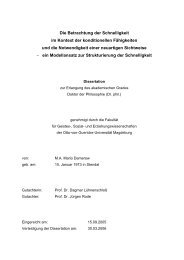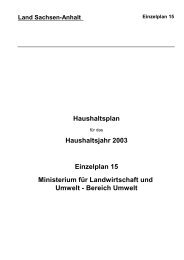DANISH INSTITUTE FOR INTERNATIONAL STUDIES ...
DANISH INSTITUTE FOR INTERNATIONAL STUDIES ...
DANISH INSTITUTE FOR INTERNATIONAL STUDIES ...
You also want an ePaper? Increase the reach of your titles
YUMPU automatically turns print PDFs into web optimized ePapers that Google loves.
DIIS WORKING PAPER 2005/3<br />
extent the “English School”) and proceed to those advanced by liberalists and neoliberal<br />
institutionalists, elaborating a bit on the implications of the various options and providing<br />
European examples.<br />
A system based exclusively on national self-help will inevitably be anarchical, 8 if only because of<br />
the workings of the “security dilemma”, implying that a state’s pursuit of security generates<br />
insecurity for its adversaries, who then respond in ways that make the first state less secure, etc. 9<br />
This will also be the case in a system based on “collective self-help” where states form alliances<br />
against each other. 10 The main principle of order in such a system, according to Realism, is the<br />
balance of power. 11<br />
An important parameter will be the polarity of the system, i.e. the number of camps or blocks<br />
within it, and the degree to which the members are integrated in their respective blocs. The<br />
central distinctions are here those between multipolarity, bipolarity and unipolarity, even though<br />
strict Realists will dispute the durability of the latter, seeing it as, at most, a transitory stage. 12<br />
Whether the system will become one or the other depends, to a large extent, on whether states<br />
are balancing against strength pure and simple (as claimed by Kenneth Waltz) or only against<br />
strength combined with presumed hostile intentions, i.e. against threats, as argued by Stephen<br />
Walt. 13 How conflictual the system will be depends, to a large extent, on the choices made<br />
between the various security models.<br />
2.2 EUROPE DURING THE COLD WAR<br />
During the Cold War, the global system was bipolar and “moderately tight” in the terminology of<br />
Morton Kaplan. 14 Most Realists held that this was an eminently stable configuration, as states<br />
tended to stay put within their respective (formal or de facto) alliances. 15 This global arrangement<br />
was mirrored in Europe, where the East-West conflict represented a veritable global “overlay”<br />
over the regional “ties of amity and enmity”, thereby enhancing predictability. 16 Neutrality was an<br />
anomaly, and the actual neutrals and/or non-aligned states were without great impact on the rest<br />
of Europe. 17<br />
The political strategy of the West was all along containment, which was basically a defensive<br />
strategy intended to protect the status quo, in casu by preventing the (presumably inherently<br />
expansionist) USSR from overrunning Western Europe. It was initially conceived by George<br />
Kennan as a mainly political strategy which should strengthen western societies so as to make<br />
communism unattractive to the populations to which the Kremlin and their local allies or agents<br />
were appealing. 18 Hence the need for political and economic support as in the Marshall Plan. 19<br />
5


